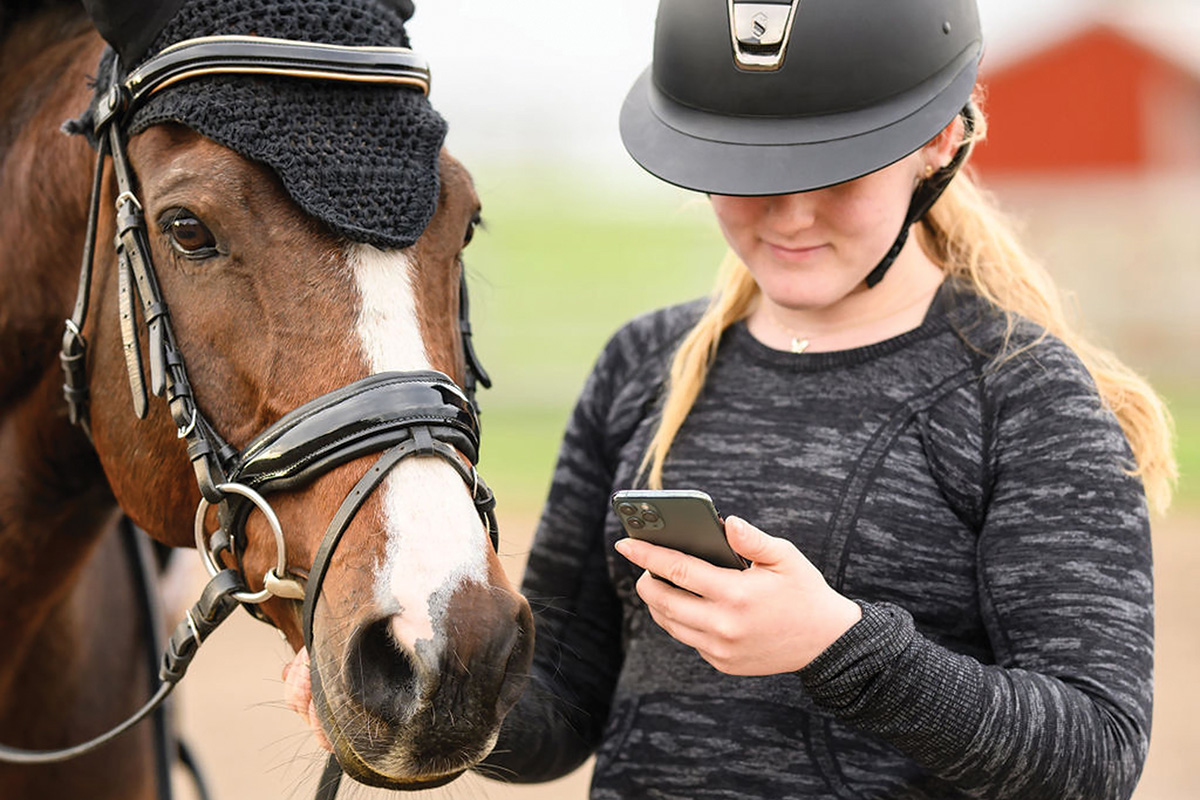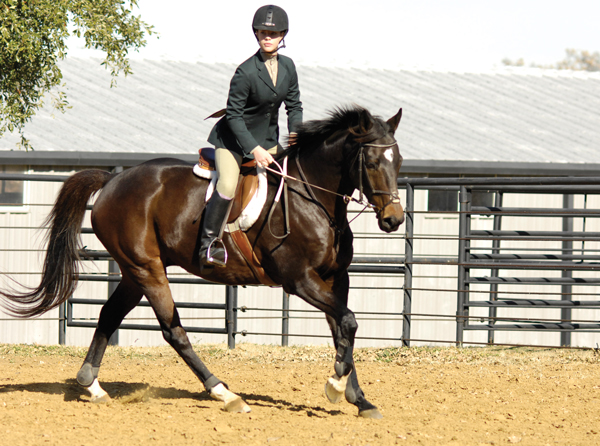Buying Equestrian Safety Equipment
Ready to purchase a new equestrian helmet or protective vest? Make sure that you get the right gear for your riding needs. Here are some expert answers to your common equestrian safety gear questions.
Q: I’m looking into buying a new equestrian helmet, and I keep reading that I’ll need an “approved helmet.” What does that mean?

A: “This means a helmet which the Safety Equipment Institute (SEI), an internationally recognized independent organization, has found to surpass the requirements of American Society for Testing and Materials (ASTM) standard specification for Equestrian Protective Headgear,” explains Dru Malavase, spokesperson and Co-Chair for the ASTM Equestrian Protective Headgear Subcommittee.
In other words, an “approved helmet” is one that has been proven through testing to provide a certain degree of protection from the types of injuries for which equestrians are at highest risk. Helmets manufactured for other uses, such as cycling or motorsports, are tested for different types of impact and cannot be used in place of an approved equestrian helmet. Furthermore, there are still hunt caps on the market that look similar to helmets, but are not tested by the SEI and are typically labeled “for apparel only.” Avoid those hats when seeking protective headgear.
“SEI receives testing results from international testing labs, reports from a quality control auditor who visits manufacturing facilities, and verifies that the manufacturer carries liability insurance,” says Malavase. “All of these things are checked annually and passing helmets are marked with the SEI seal.”
Q: What should I look for in a riding safety vest to make sure it provides adequate protection? Is there a label or safety certification for these?
Caitlin McConnell, Marketing Manager Phoenix Performance Products/Tipperary Equestrian: Look to see that the vest holds ASTM Equestrian Standard certification. The vest should be comfortable to wear and allow freedom of movement when riding. It should give adequate coverage (chest, spine and rib cage) for the sport that you compete in.
Q: I found a great deal on a secondhand helmet—it looks just like new. Is it OK to buy a used helmet?
CM: Never buy a used helmet! Once a helmet has been dropped or had an impact it no longer meets the safety certification standards. If you are considering buying a used helmet you can’t know for sure whether the helmet has been involved in a fall or not.
Always buy new, and replace your helmet after you have had a fall or if the helmet has been kicked, stepped on or dropped.
Note: It’s very important that when you are switching to a new helmet brand or if you are getting a helmet for the first time that you have it fit correctly by an educated dealer.





